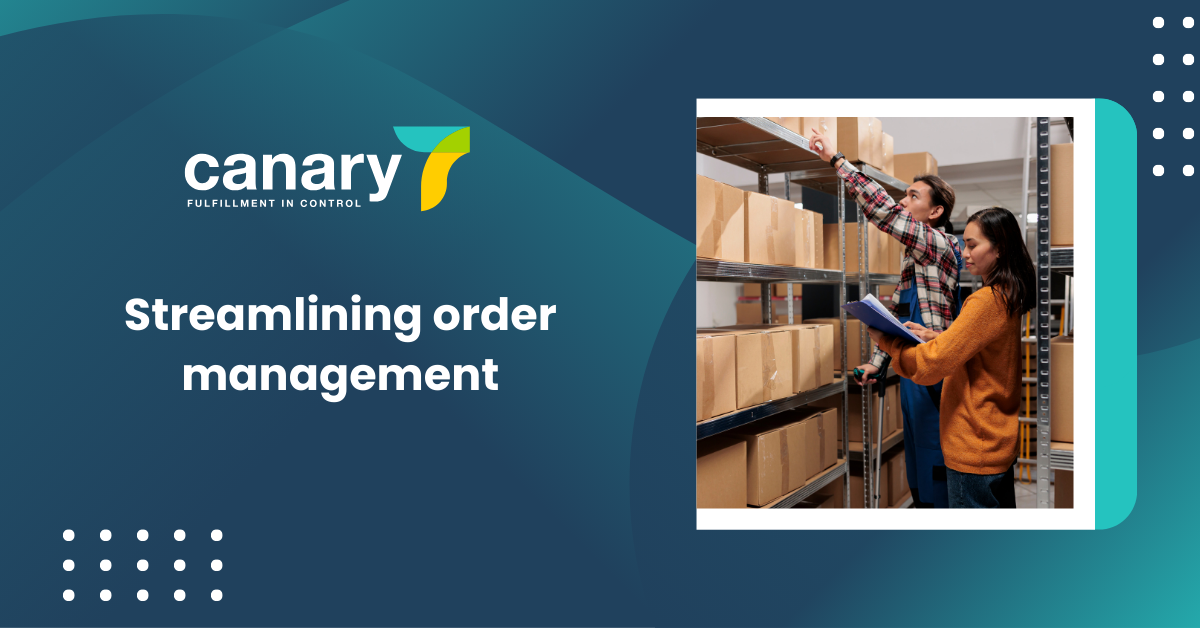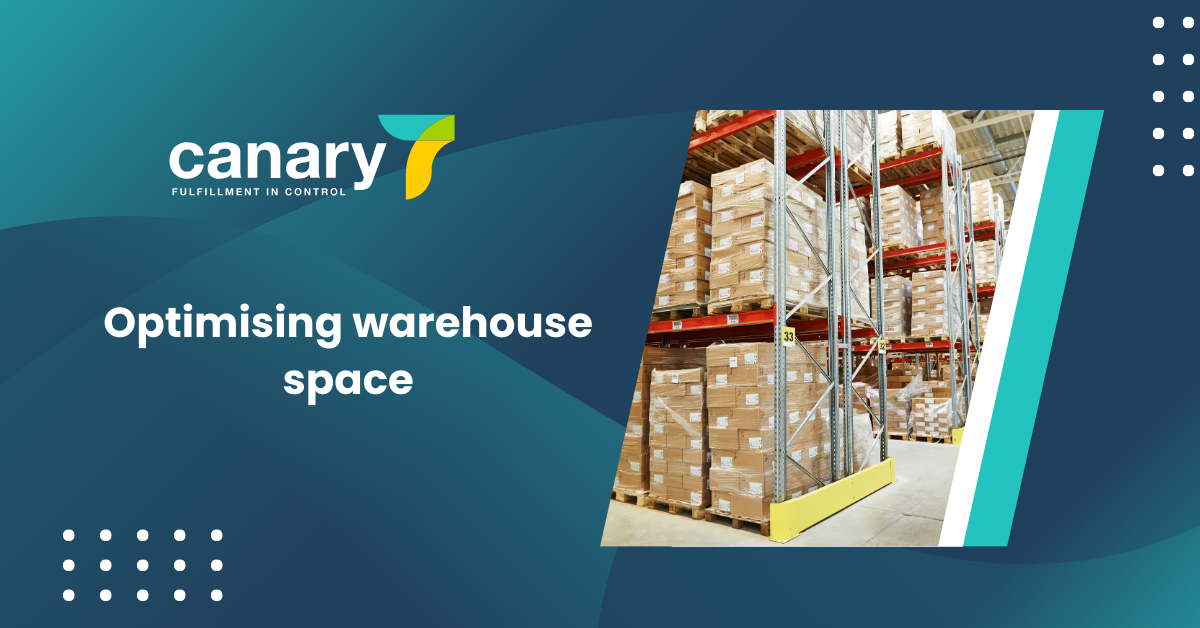Comprehensive data from omnichannel operations offers clearer insights into business performance, enabling informed decision-making and strategic adjustments. Analytics from integrated systems provide a holistic view of sales, inventory, and customer behavior, facilitating more effective business strategies and operational improvements.
6. Reduces Operational Costs
By optimizing inventory management, streamlining order processing, and improving logistics efficiency, omnichannel fulfilment can lead to significant cost savings. Efficient processes reduce the need for excess inventory and minimize errors that can lead to costly returns and replacements.
Statistic: Businesses that adopt effective omnichannel fulfilment strategies can reduce operational costs by up to 20%, as reported by Forbes.
7. Enhances Flexibility and Scalability
Omnichannel fulfilment provides the flexibility to adapt to changing market conditions and customer preferences. As your business grows, your fulfilment strategy can scale accordingly, supporting increased order volumes and the addition of new sales channels without disrupting existing operations.
8. Improves Competitive Advantage
A robust omnichannel fulfilment strategy can set your business apart from competitors by providing a superior customer experience. Customers are more likely to choose a brand that offers seamless, reliable, and flexible fulfilment options over one that doesn’t.
Incorporating these benefits into your fulfilment strategy can position your business more strongly in front of customers, leading to sustained growth and success.
Top 5 Tips for Omnichannel Fulfilment
Omnichannel fulfilment can seem daunting, but with the right strategies, you can navigate its complexities effectively. Here are the top five tips to enhance your omnichannel fulfilment strategy:
1. Break Down Silos Between Channels
Promote collaboration and interconnection between different sales channels. Ensure that processes, such as order processing on eBay and Amazon, are interconnected to maintain a holistic view of orders and inventory, preventing delays and discrepancies. For example, integrating your Amazon and eBay order systems can help you track total orders more efficiently and manage inventory across both platforms seamlessly.
Implementation Tip: Use a centralized warehouse management system that integrates all sales channels, providing a single source of truth for inventory and order data. This integration eliminates data silos and ensures consistent information across all platforms.
2. Prioritise Communication Between All Departments
Facilitate clear communication between sales, marketing, logistics, and shipping departments. Interconnected departments streamline fulfilment processes, speeding up operations and ensuring alignment with your omnichannel strategy. Regular inter-departmental meetings and integrated communication tools can enhance coordination and reduce misunderstandings.
Implementation Tip: Adopt collaborative tools like Slack or Microsoft Teams integrated with your order management system, enabling real-time communication and updates across all departments.
3. Leave No Channel Behind
Expand beyond your comfort zone by integrating multiple sales channels. Diversifying your channels, beyond major platforms like Amazon and eBay, can significantly enhance your reach and sales potential, provided your fulfilment setup can handle the increased complexity. Explore emerging platforms and niche marketplaces to tap into new customer segments.
Implementation Tip: Use an integrated E-commerce Warehouse Management system to manage orders from various channels efficiently. This system should support multiple sales platforms, allowing you to scale without compromising on fulfilment speed or accuracy.
4. Streamline and Strengthen Inventory Management, Order Processing, and Shipment
Ensure that inventory management, order processing, and shipment are seamless and efficient. Strengthening these core fulfilment processes supports the higher order volumes and complexity inherent in omnichannel operations. Implementing automated systems can reduce manual errors and speed up the fulfilment cycle, enhancing overall efficiency. Utilizing a robust order management system can further optimize these processes.
Implementation Tip: Invest in an advanced inventory management system that offers real-time tracking and automated replenishment. Integrate this with your warehouse management software to ensure synchronized inventory levels across all channels.
5. Work Towards an Integrated Approach
Prioritize integration across all aspects of your fulfilment process. Implementing a robust software system that connects eCommerce platforms, ERP systems, and shipping carriers can streamline both backend and frontend operations, enhancing overall efficiency and effectiveness. An integrated approach ensures that all components of your fulfilment strategy work together harmoniously, reducing bottlenecks and improving performance. Leveraging a comprehensive warehouse management system can facilitate this integration.
Implementation Tip: Choose a warehouse management system (WMS) like Canary7 that offers seamless integrations with your existing eCommerce platforms, ERP systems, and shipping carriers. This ensures a unified and efficient fulfilment process across all channels.
Additional Tips to Enhance Your Omnichannel Fulfilment Strategy
While the top five tips are crucial, considering additional strategies can further optimize your omnichannel fulfilment:
- Invest in Employee Training: Ensure your team is well-trained in using new technologies and processes to maintain operational efficiency.
- Utilize Data Analytics: Leverage data to gain insights into inventory trends, customer behavior, and fulfilment performance, enabling informed decision-making.
- Focus on Customer Experience: Develop customer-centric fulfilment processes that prioritize speed, accuracy, and flexibility to enhance overall satisfaction.
- Implement Sustainable Practices: Incorporate eco-friendly packaging and efficient logistics practices to appeal to environmentally conscious consumers.
By following these tips, you can develop a robust omnichannel fulfilment strategy that enhances your operational efficiency and customer satisfaction.
Achieving Perfect Omnichannel Fulfilment with Canary7
The right tools and technology are pivotal for a successful omnichannel fulfilment strategy. Integrating an advanced software solution like Canary7-Warehouse Management System can streamline all required aspects of your fulfilment experience.
Why Choose Canary7?
Canary7 offers a robust suite of tools designed to streamline your omnichannel fulfilment process. Here’s how Canary7 can elevate your fulfilment strategy:
- Centralized Dashboard: Manage all sales channels from a single interface, simplifying oversight and control. This centralization reduces complexity and enhances visibility into all operations.
- Real-Time Inventory Tracking: Maintain accurate inventory visibility across all platforms, preventing stockouts and overstock situations. Real-time tracking ensures that your inventory levels are always up-to-date, enabling proactive management.
- Automated Order Processing: Reduce errors and speed up fulfilment with automated systems. Automation minimizes manual intervention, ensuring orders are processed quickly and accurately.
- Seamless Integrations: Connect effortlessly with major eCommerce platforms, ERP systems, and shipping carriers, ensuring smooth and efficient operations. E-commerce Warehouse Management integration allows for synchronized operations across all channels.
- Advanced Analytics: Gain insights into sales performance, inventory levels, and customer behavior to make informed decisions. Data-driven insights help you optimize your fulfilment processes and strategic planning.
- Scalable Solutions: Whether you’re a small business or a large enterprise, Canary7 scales with your needs, supporting your growth and expansion. This scalability ensures that your fulfilment strategy remains effective as your business evolves.
How Canary7 Enhances Omnichannel Fulfilment
Implementing Canary7 enhances your omnichannel fulfilment in several ways:
- Unified Operations: By integrating all sales channels into a single system, Canary7 ensures that your operations are unified and consistent across all platforms.
- Real-Time Data: Access to real-time data allows for proactive decision-making, enabling you to respond swiftly to changes in demand or inventory levels.
- Scalability: Canary7 grows with your business, allowing you to add new channels and expand operations without disrupting existing processes.
- Customer-Centric Fulfilment: With reliable and efficient fulfilment processes, Canary7 helps you deliver a superior customer experience, fostering loyalty and repeat business.
Experience Canary7 Today!
Ready to transform your fulfilment strategy? Discover how Canary7 can seamlessly integrate your channels and elevate your business. Get Started Today with a free demo and see the difference for yourself!
Conclusion
Omnichannel fulfilment is a transformative strategy that can significantly enhance your business operations and customer satisfaction. By understanding its challenges and leveraging the right tools, like Canary7-Warehouse Management System, you can position your brand for sustained growth and success.







